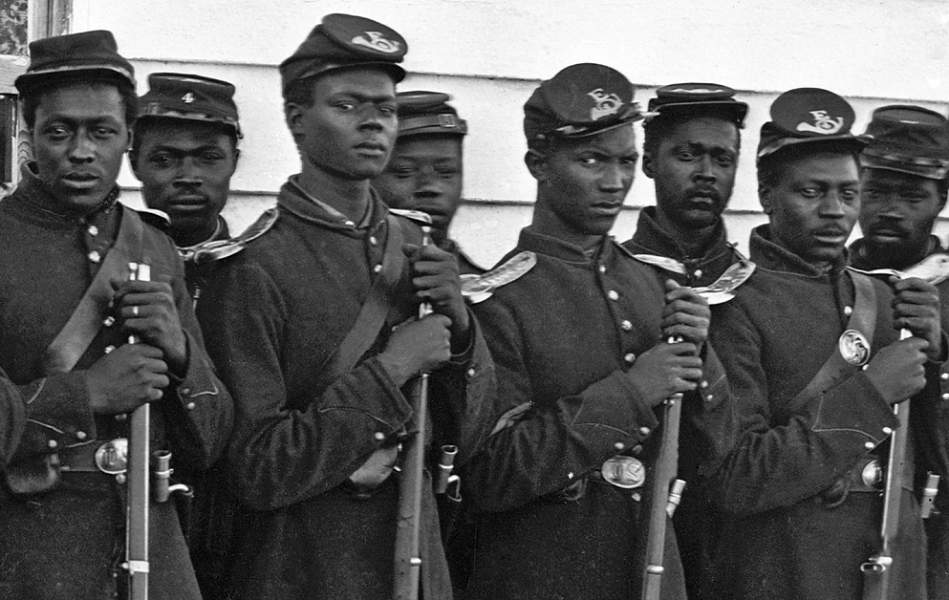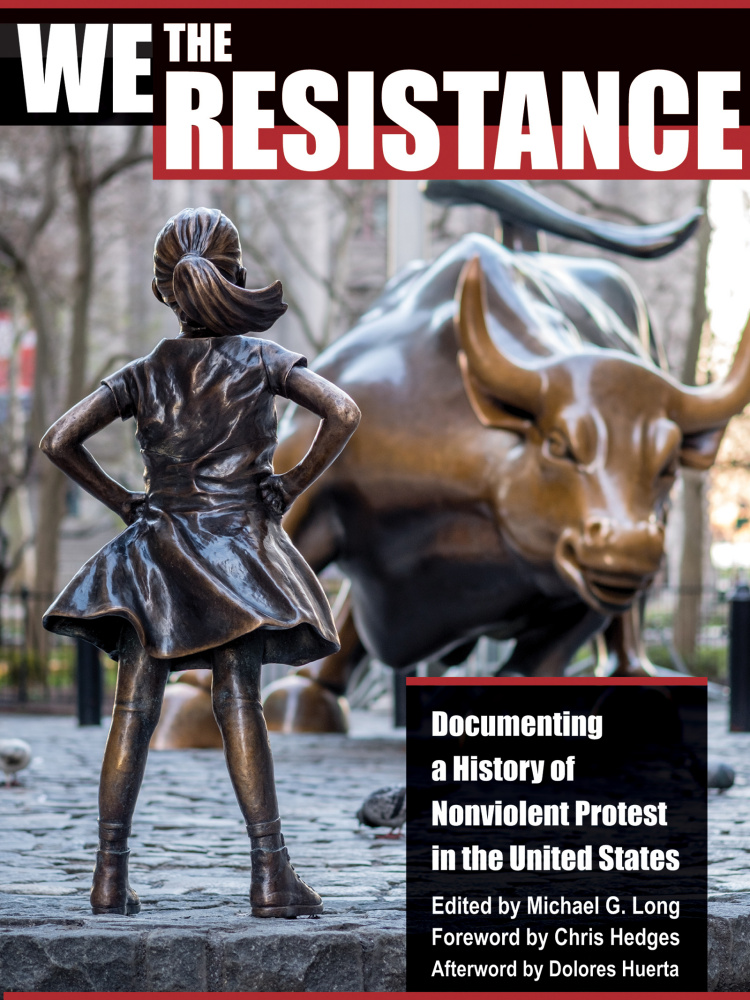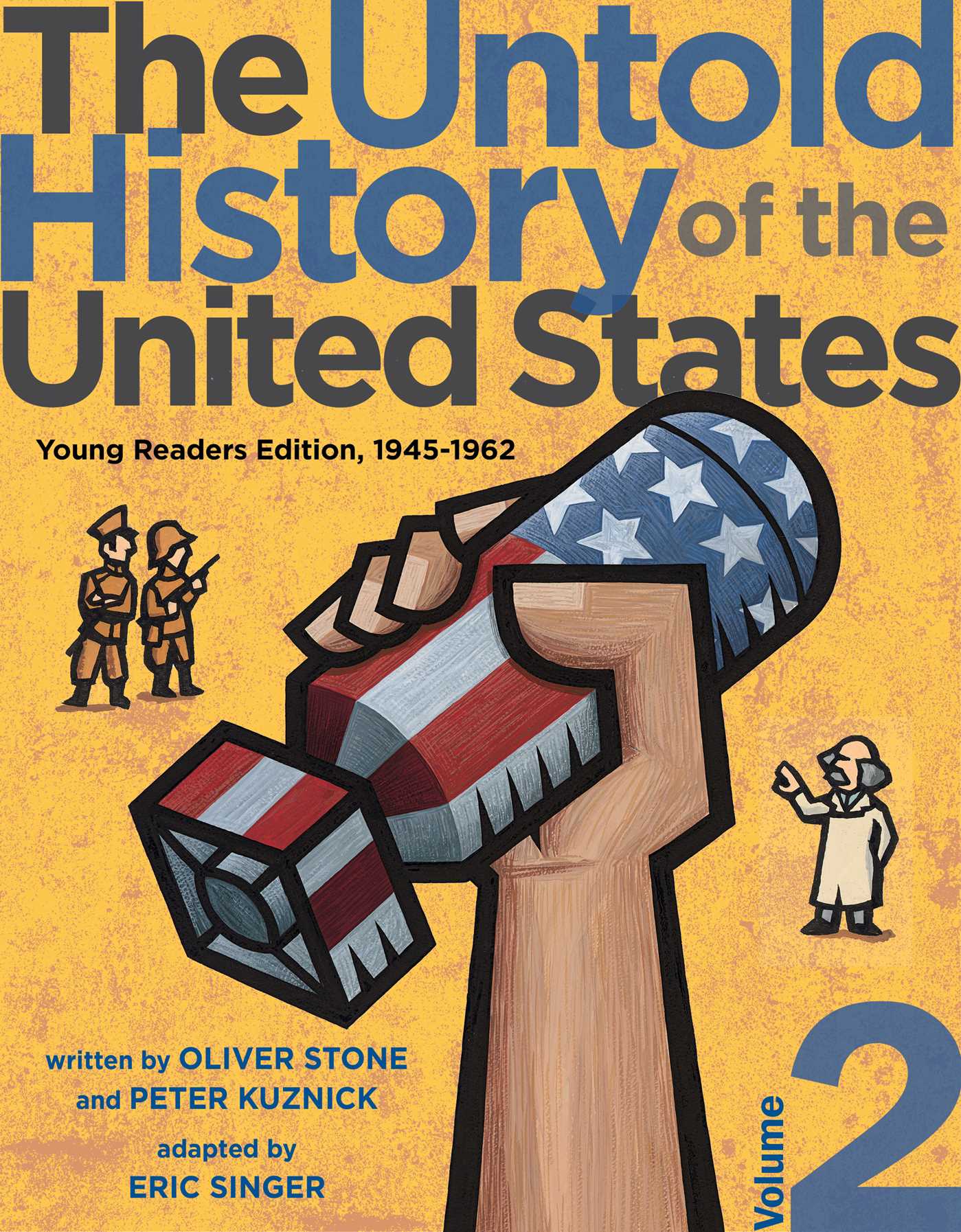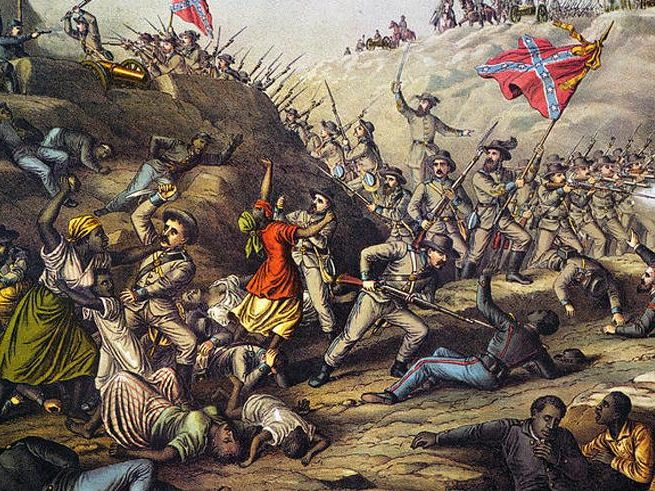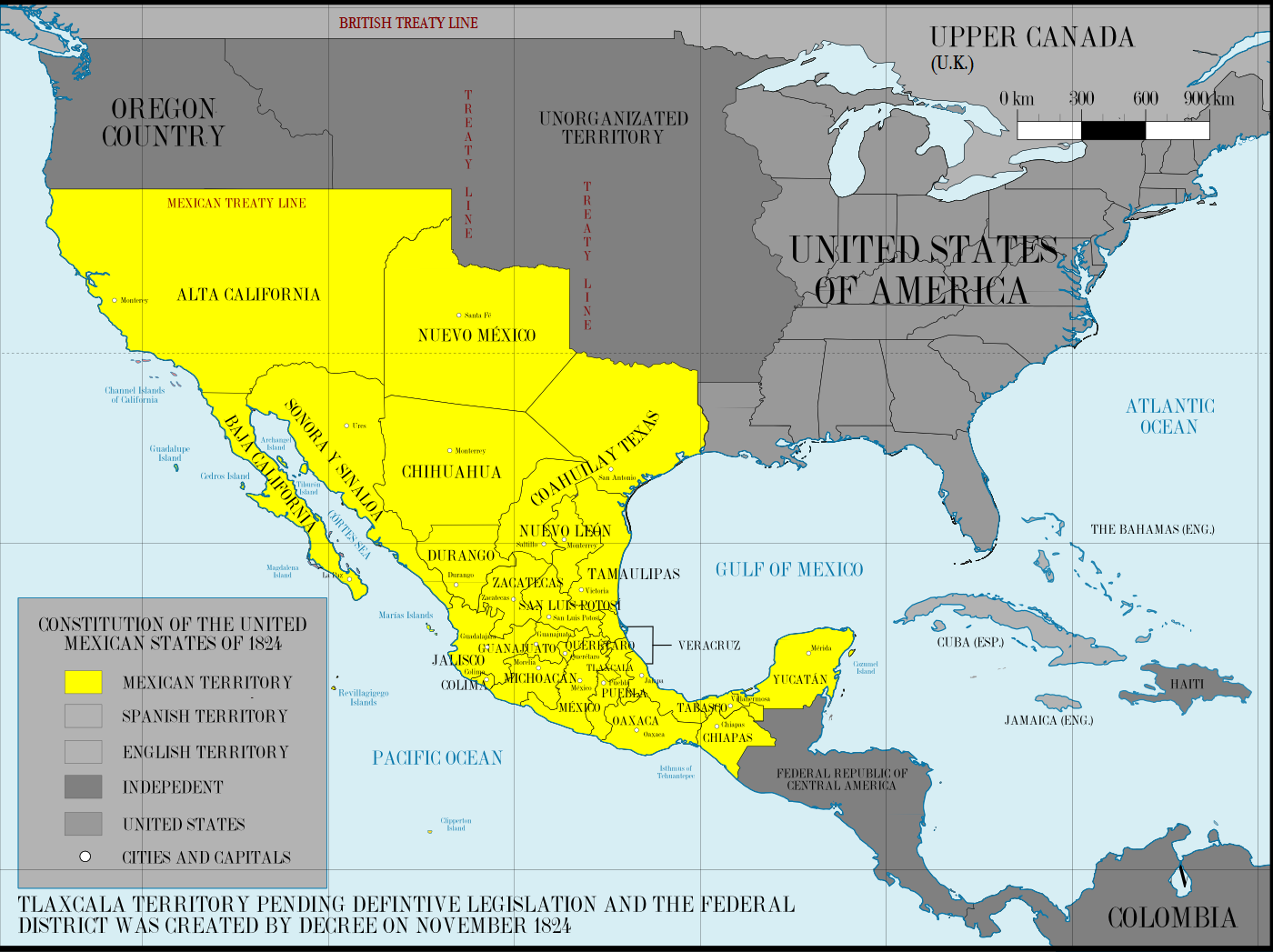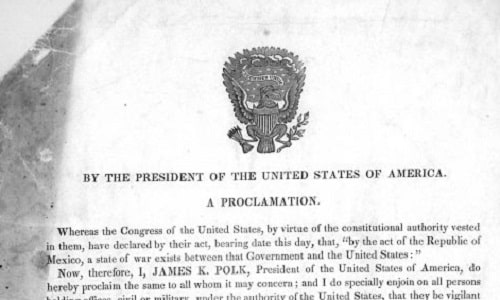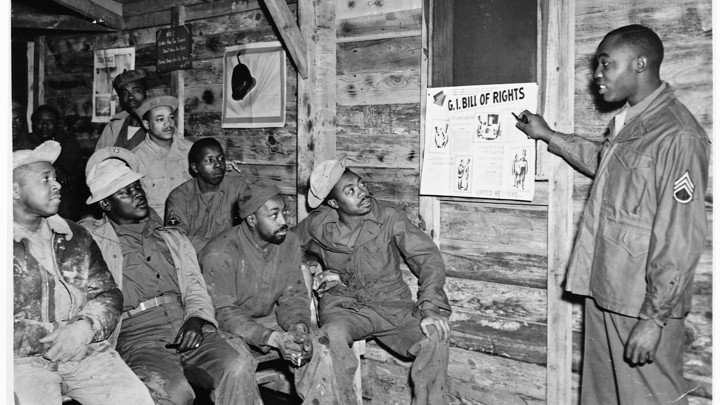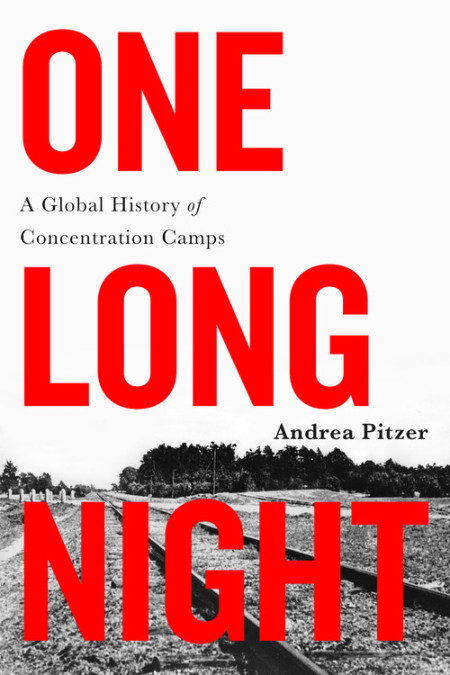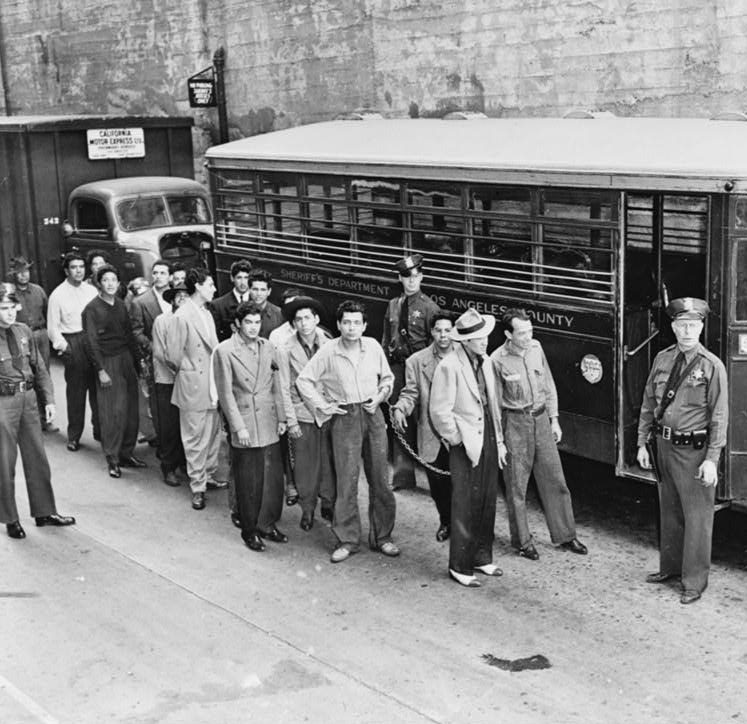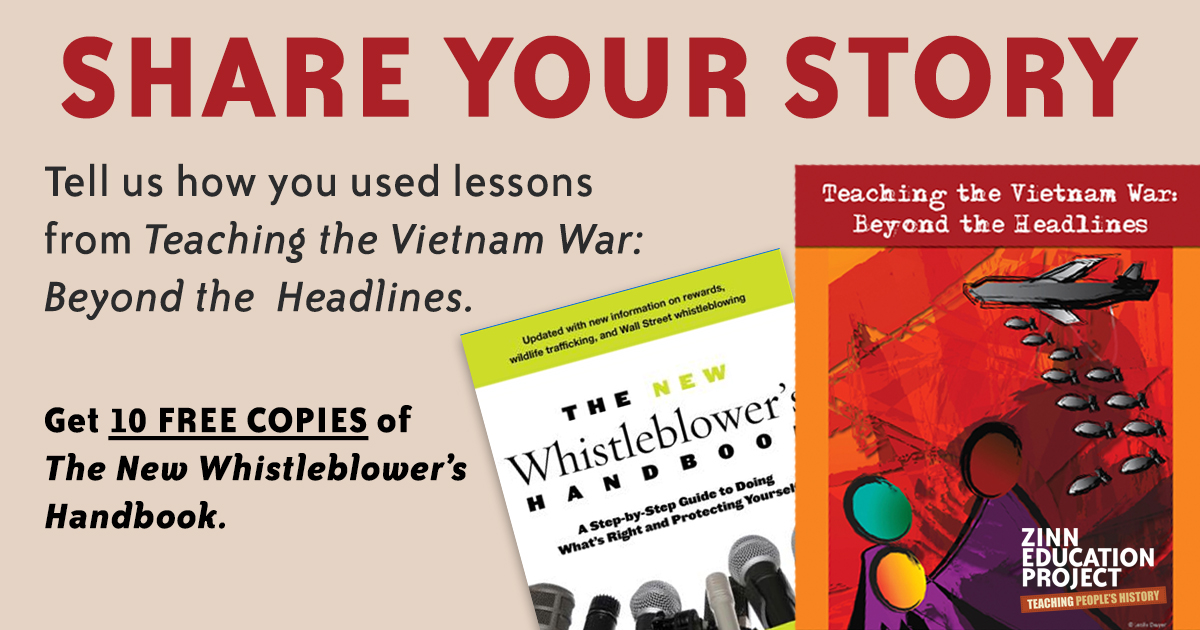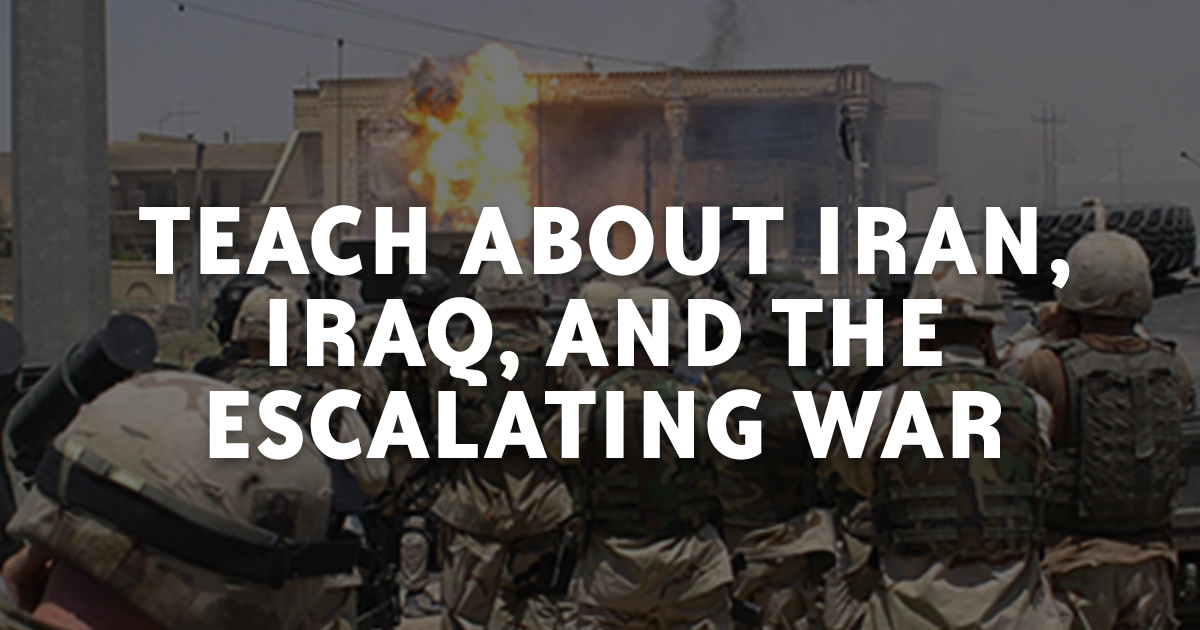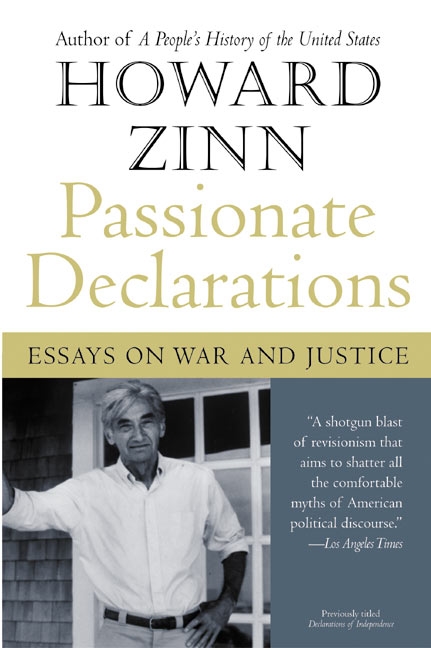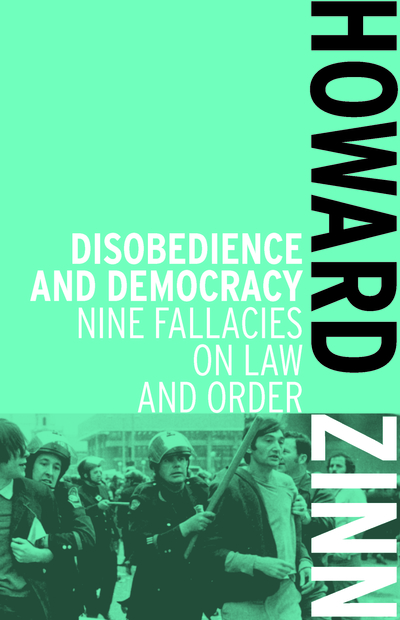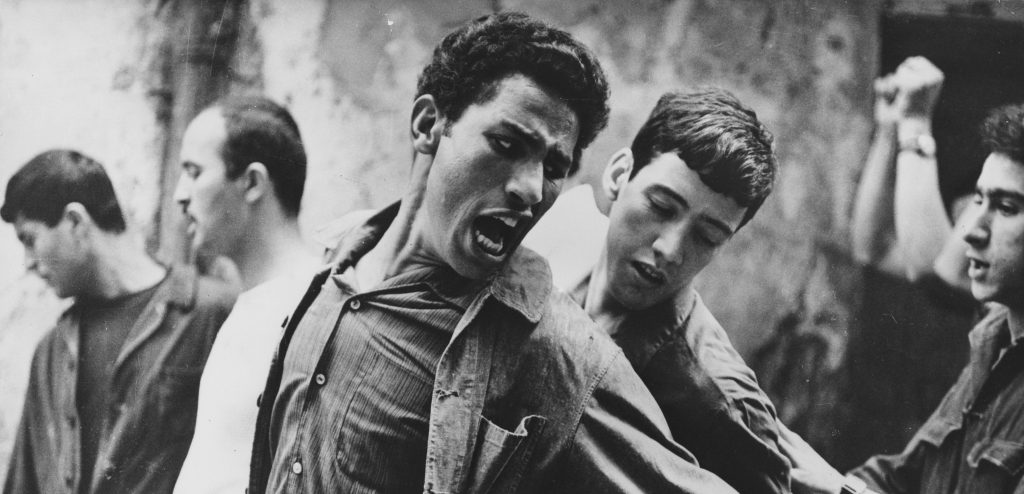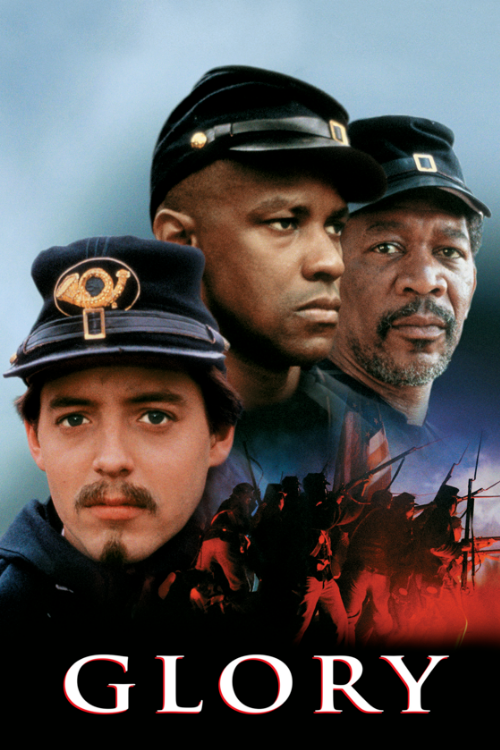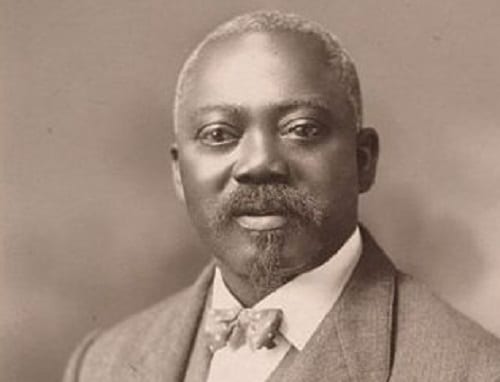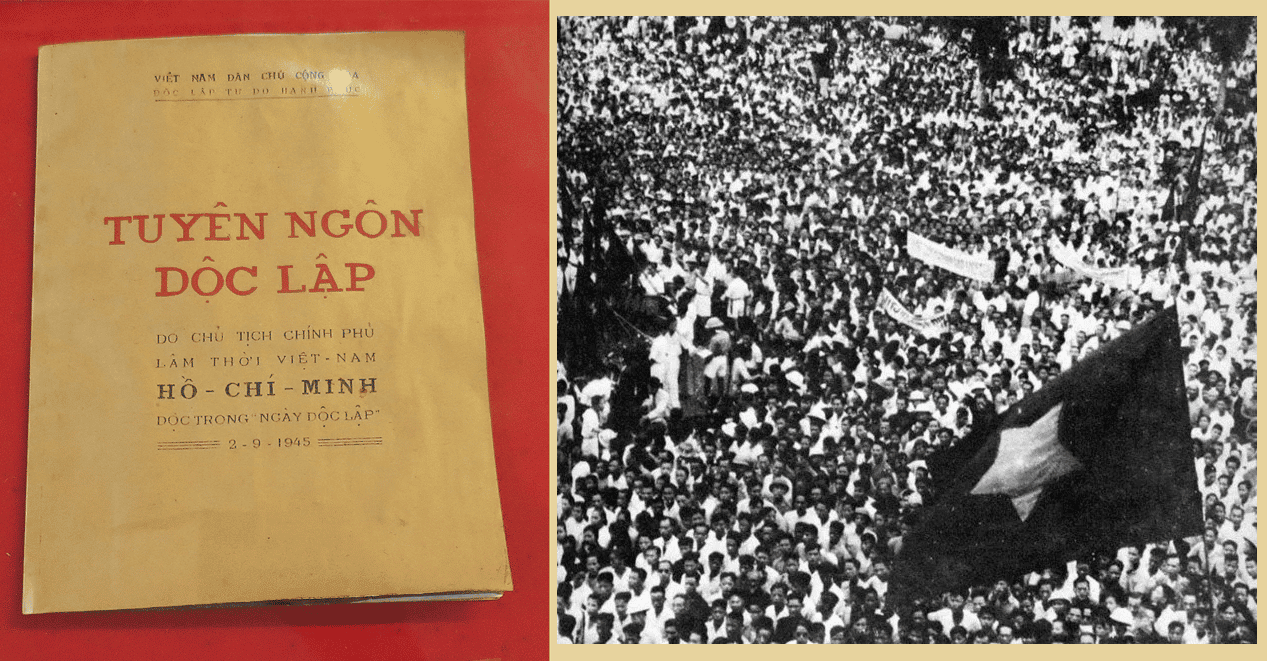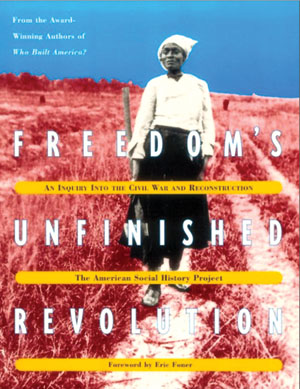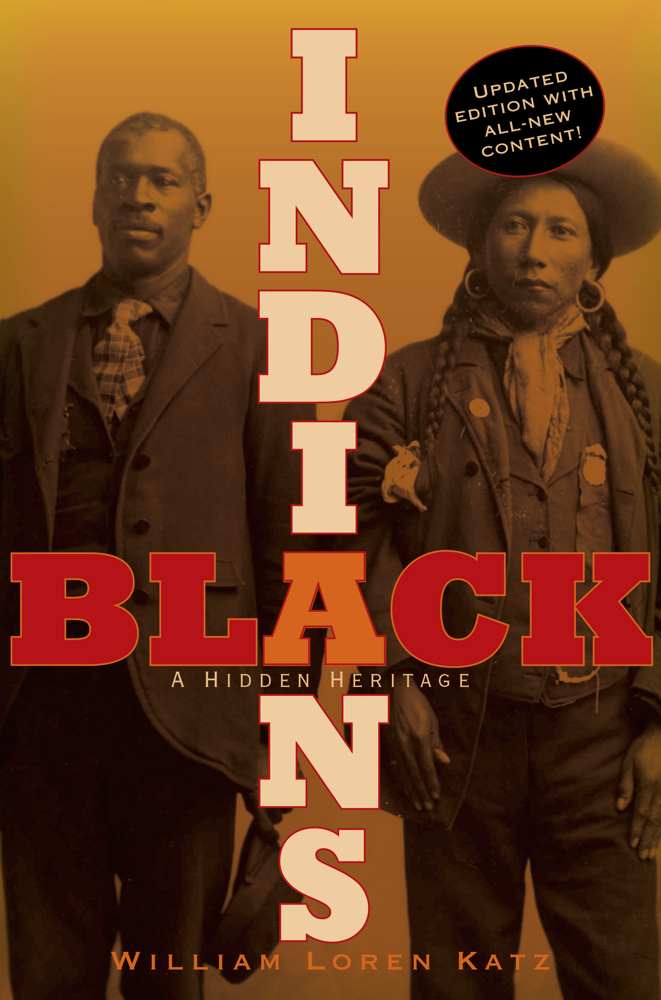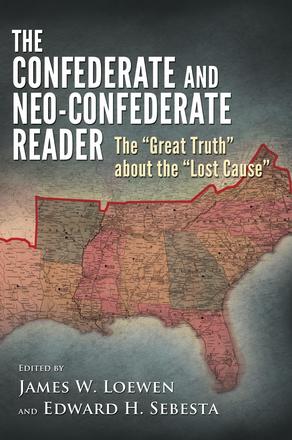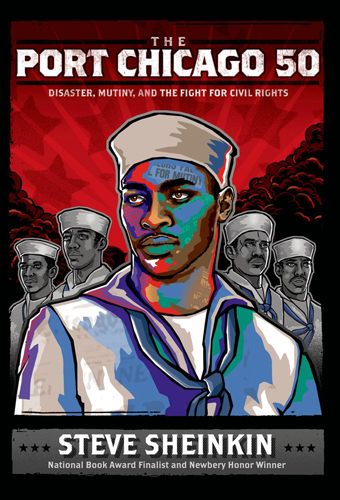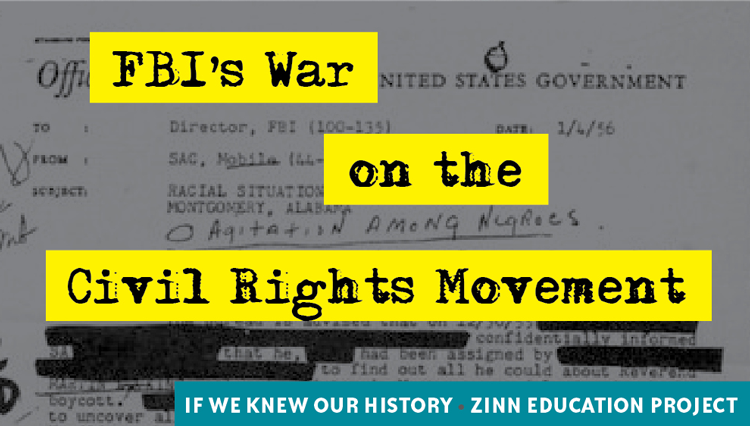The U.S. Civil War ended when the Confederate Army of Northern Virginia surrendered to U.S. General Ulysses S. Grant at Appomattox Court House in south-central Virginia.
Continue reading
Book — Non-fiction. Edited by Michael G. Long, foreword by Chris Hedges, afterword by Dolores Huerta. 2019. 610 pages.
Encounter the voices of activists sharing instructive stories through narrative and primary documents.
Continue reading
Book — Non-fiction. By Oliver Stone and Peter Kuznick. Adapted by Susan Campbell Bartoletti and Eric S. Singer. Vol 1. 2014. 400 pages. Vol 2. 2019. 320 pages.
These are two volumes of illustrated histories, adapted for students from a documentary book and film of the same name.
Continue reading
Confederate troops massacred over 500 surrendering Union soldiers, majority African American, at the Civil War Battle of Fort Pillow.
Continue reading
Today’s border with Mexico is the product of invasion and war. Grasping some of the motives for that war and some of its immediate effects begins to provide students the kind of historical context that is crucial for thinking about the line that separates the United States and Mexico.
Continue reading
The U.S. Congress overwhelmingly voted in favor of President James K. Polk’s request to declare war on Mexico.
Continue reading
Fred Korematsu was arrested on a street corner in San Leandro, California for resisting Executive Order 9066, in which all people of Japanese descent were incarcerated in U.S. concentration camps.
Continue reading
President Roosevelt signed the Servicemen’s Readjustment Act (USA), known as the GI Bill, to provide financial aid to veterans returning from WW II. White supremacy prevented equal access to those benefits.
Continue reading
Book — Non-fiction. By Andrea Pitzer. 2017. 480 pages.
Starting with 1890s Cuba, this book is a chronological and geopolitical history of concentration camps that is filled with prisoner perspectives.
Continue reading
White U.S. servicemen and police entered a majority-Mexican American neighborhood in East Los Angeles and attacked and detained hundreds of young people in the “zoot suit riots.”
Continue reading
Receive 10 copies of "The Whistleblower's Handbook" in appreciation for a classroom story about any or all of the lessons from "Teaching the Vietnam War: Beyond the Headlines."
Continue reading
Teach students about U.S. imperialism and war in the Middle East, and offer a historical context, with people's history resources.
Continue reading
Book — Non-fiction. By Howard Zinn. 2003. 368 pages.
A selection of passionate, honest, and piercing essays looking at political ideology in the United States.
Continue reading
Book — Non-fiction. By Howard Zinn. 1968.
A cogent defense of civil disobedience.
Continue reading
Film. Directed by Gillo Pontecorvo. 1966. 123 minutes.
This film documents the armed insurgency against the French colonial powers in Algiers, showing the brutality and desperation of war.
Continue reading
Film. Directed by Edward Zwick. 1989. 122 minutes.
The all-Black 54th Massachusetts Volunteer Infantry Regiment is brought to the screen in this star-studded Civil War film.
Continue reading
A volunteer infantryman performed an act of courage that was the earliest event to earn an African American soldier the Medal of Honor.
Continue reading
Here are resources to help students probe the roots of U.S. involvement in Vietnam and the impact of the Vietnam War — which the Vietnamese rightly call “The American War” — and resistance to the war.
Continue reading
Teaching Guide. By American Social History Project with foreword by Eric Foner. 1996.
Primary documents, essays, and questions to teach the untold story of Reconstruction.
Continue reading
Book — Non-fiction. By William Loren Katz. 2012. 272 pages.
History book for ages 10 to adult that traces relations between Blacks and American Indians since the time of the conquest.
Continue reading
Book — Non-fiction. Edited by James W. Loewen and Edward H. Sebesta. 2010. 484 pages.
Primary documents on the causes of the Civil War.
Continue reading
Film clip. Voices of a People's History.
Dramatic reading of Cindy Sheehan's speech "It's Time the Antiwar Choir Started Singing" (2005) is read by Marisa Tomei and Staceyann Chin.
Continue reading
Book — Non-fiction. By Steve Sheinkin. 2014. 208 pages.
The story of 50 African American sailors charged with mutiny during World War II for challenging working conditions after a deadly munitions explosion.
Continue reading

